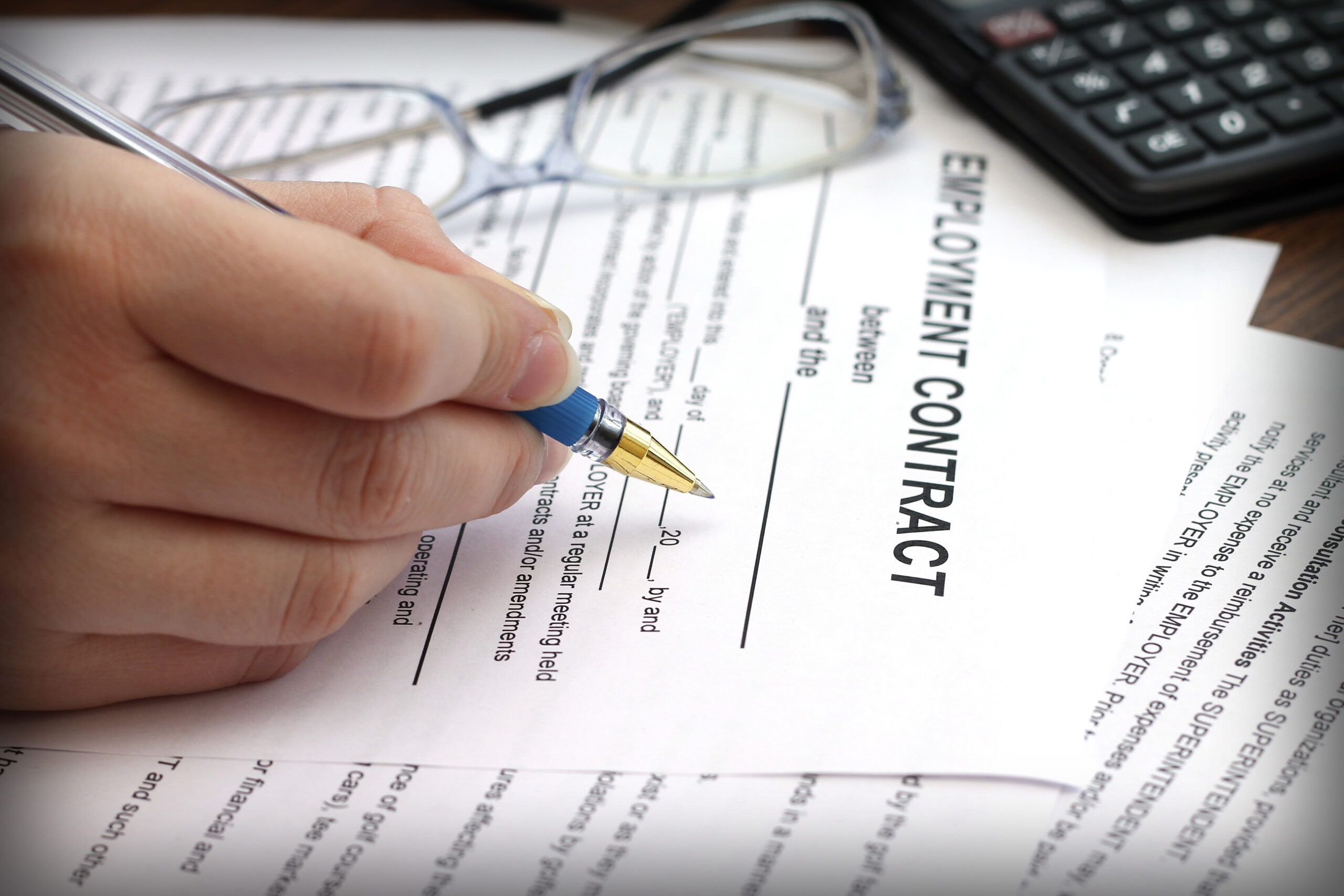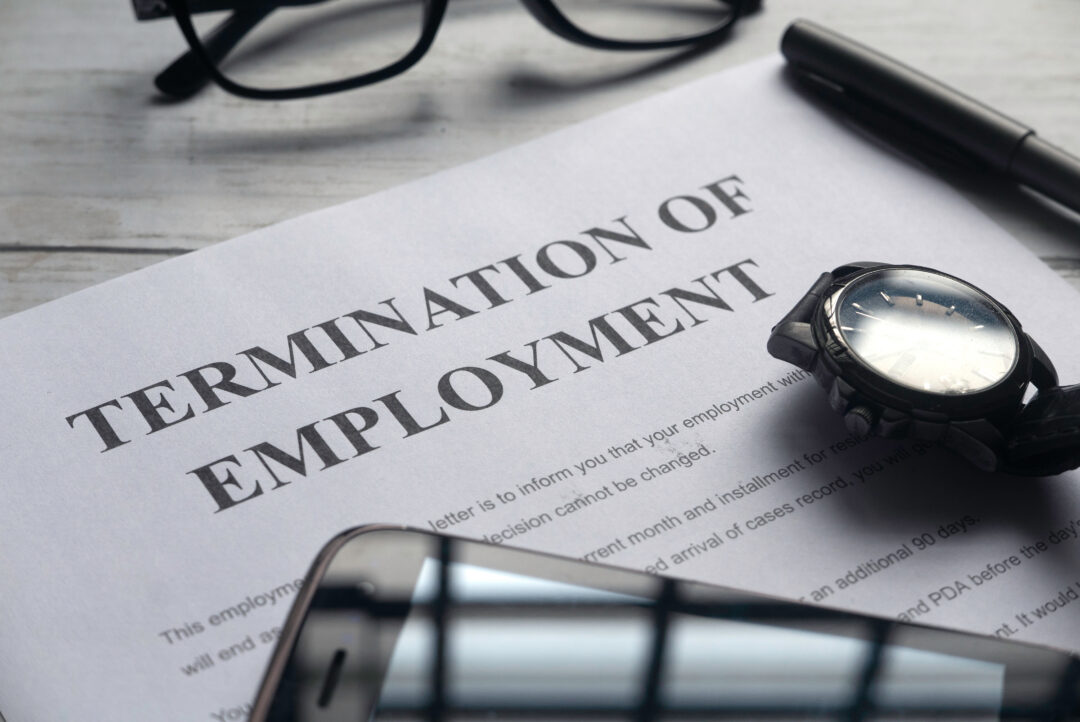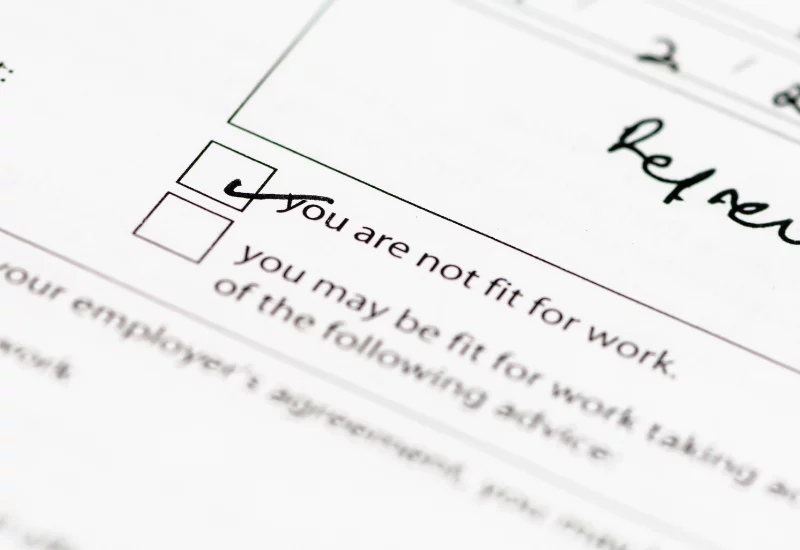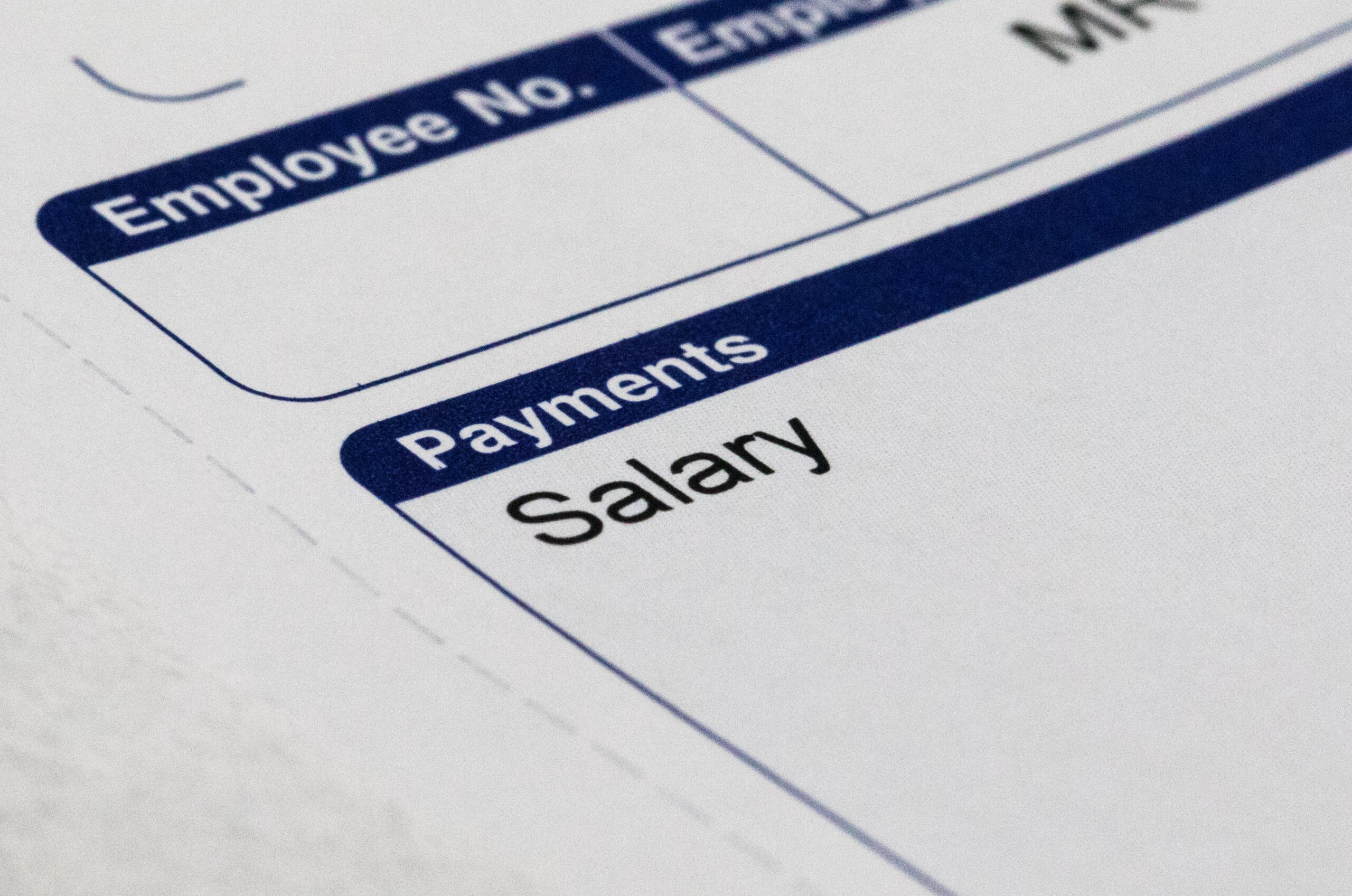Employment Alert – Boris announces Covid-19 ‘Plan B’!

Boris announces Covid-19 ‘Plan B’!
What’s happening?
Last night, the Prime Minister announced a change to the government’s guidance on working from home. In the announcement, Mr Johnson said from Monday (13 December 2021) workers “should work from home if you can. Go to work if you must but work from home if you can.”
The government’s official COVID-19 guidance has also been updated to confirm this advice (Coronavirus: how to stay safe and help prevent the spread – GOV.UK (www.gov.uk). The new guidance states:
Work from home if you can
Office workers who can work from home should do so from Monday 13 December. Anyone who cannot work from home should continue to go into work – for example, to access equipment necessary for their role or where their role must be completed in person. In-person working will be necessary in some cases to continue the effective and accessible delivery of some public services and private industries. If you need to continue to go into work, consider taking lateral flow tests regularly to manage your own risk and the risk to others.
Employers should consider whether home working is appropriate for workers facing mental or physical health difficulties, or those with a particularly challenging home working environment.
For those who attend their workplace, the government will continue to provide up-to-date Working Safely guidance on how employers can reduce the risks in their workplace. Businesses should consider this guidance when preparing their health and safety risk assessments, and put in place suitable mitigations.
Why is this important?
The new working from home guidance is part of a range of measures intended to limit the increase in Omicron COVID cases.
Working from home should be familiar territory for most office based staff and employers, as home working has been a requirement in previous stages of the pandemic.
However, this is not a return to the full lockdown that we saw last year, in which individuals were prevented from leaving their home “without a reasonable excuse”. The guidance refers to the fact that anyone who cannot work from home should continue to go into work and it provides the example of a worker needing to go into the office to access equipment or to protect the mental and physical health of workers.
However, with the implementation of this new guidance, employers will be expected to facilitate home working for any staff who can carry out their role effectively from home.
What should you do?
Employers have until Monday to help their staff prepare for a return to home-working. In many cases, staff who can work from home may already be doing so – at least for part of their working hours. As such, employers should already have processes in place for this. Nevertheless, it may be sensible to revisit any previous employer guidance or policies on this issue, to ensure that they remain correct and up to date.
If you do require office-based staff to continue to come into work, you should keep a written record of why this is the case. It may be that workers will need to come into the office for some but not all of the time – if so, this should also be considered and adjustments made accordingly.
If a worker refuses to attend the workplace, you should take legal advice before taking any steps to force them to do so.
In line with government guidance, you must continue to implement appropriate COVID safety measures for workplaces where staff still need to come into work.
You should also ensure that you keep in regular contact with staff and communicate your organisation’s approach in light of this new guidance.
If you need more information please contact us on 0800 2800 421 or email [email protected] to find out how we can help.











